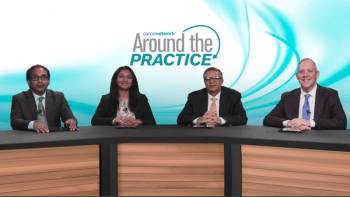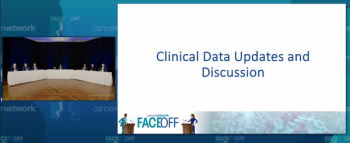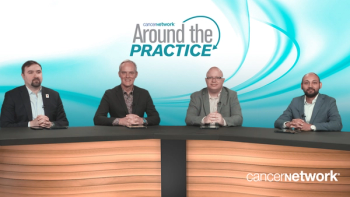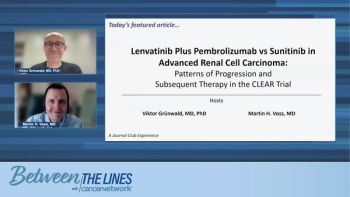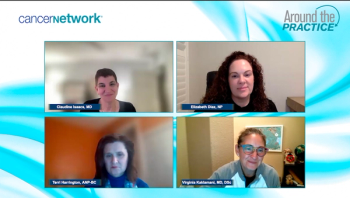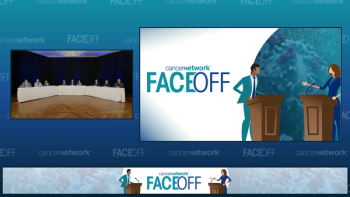Panelists discuss the prevalence of PIK3CA mutations in HR positive (HR+)/ HER2 negative (HER2-) breast cancer, their prognostic implications, and the critical role of identifying these mutations for personalized treatment planning, while Ms. Harrington shares insights on common patient questions about biomarker testing, the importance of molecular testing, and educational resources for helping patients understand their test results; Dr Kaklamani addresses how the approval of inavolisib may prompt routine PIK3CA mutation testing in the frontline setting, and Dr Isaacs and Ms. Diaz discuss the infrastructure changes needed in community practices to support this shift and the lessons learned from evolving biomarker testing practices.
